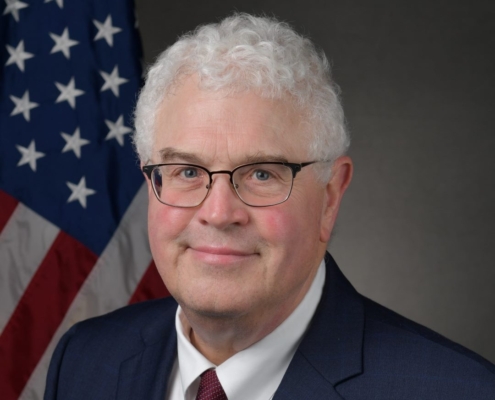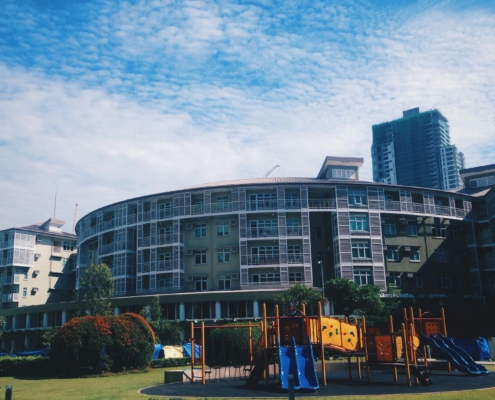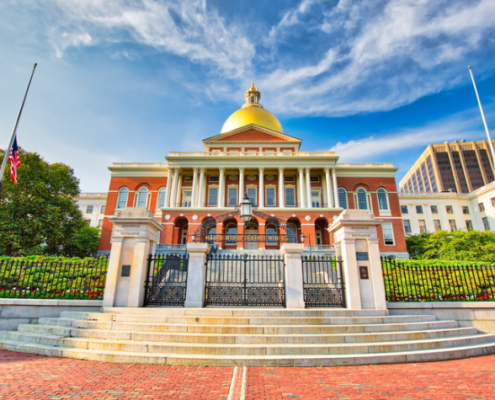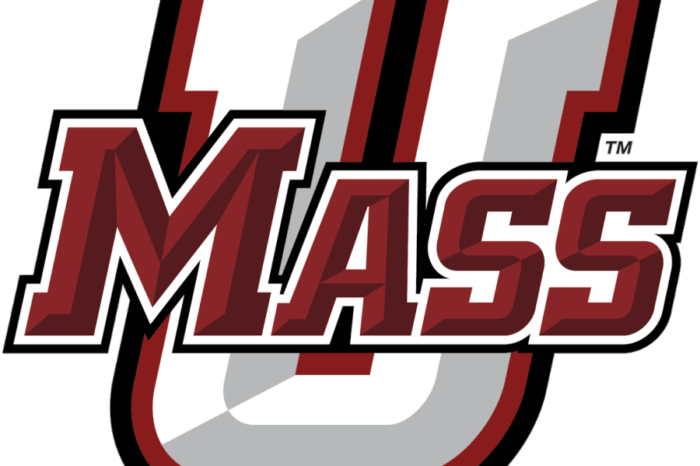Policy Brief: UMass Has a Spending Problem
/0 Comments/in Featured, Higher Education, News /by Editorial Staff Share on Facebook
Share on Twitter
Share on
LinkedIn
+
Author: Greg Sullivan
Date: 6/6/2018
Pioneer’s Director of Research, Greg Sullivan, releases a follow-up policy brief to address the source of UMass’ financial woes. The University of Massachusetts claims admissions policies that favor out-of-state students over in-state residents are required as a result of insufficient state funding growth, but the data tell a different story.
Stay Connected!
Related Posts

How Has Employment Changed In Massachusetts?
In 2013, 60.1 percent of the civilian non-institutional population…

How Has Transportation Been Changing In Massachusetts?
The population of Massachusetts has steadily increased over the…

Digital Privacy Divide: Can Law Enforcement Google Where You’ve Been?
Joe Selvaggi talks with Cato Institute legal fellow Brent Skorup about the split in the court of appeals over the Constitution's 4th Amendment protections concerning law enforcement's search of location tracking data.

American Bar Association Elects President of the Pioneer Law Center as Vice Chair of Judicial Division
The Hon. Frank J. Bailey (ret.) will Advance to Chair in 2026
(Boston,…

Pioneer Institute: 340B Hospitals Does Not Necessarily Translate to Charity Care
Review of Becker’s List of Health Systems with Strong Finances…

Wrap Up of the Massachusetts Legislative Session – Or Is It??
The Massachusetts Legislature meets for two years beginning in…

Houston Supt. Mike Miles & Urban School Reform
Mr. Miles reflects on his lifelong dedication to public service, starting as a soldier, then a diplomat, and later as an educational leader. He shares insights into his family background and formative experiences that shaped his commitment to serving the public.

Housing Bond Bill: Could Billions Better Bay State Cost of Living
Joe Selvaggi talks with Pioneer's Senior Housing Fellow, Andrew Mikula, about the recently passed $5.2 billion bond bill, discussing its key features and how it might impact the supply and cost of homes in Massachusetts.

State Employee Labor Force Vs State Revenue Growth: Are They Related?
State jobs represent a significant amount of the labor pool in…

Dr. David Heidler on Andrew Jackson & American Democracy
Dr. David Heidler discusses the transformative period of Jacksonian Democracy, from 1829 to 1837. He explores the political changes, sectionalism, and reforms that characterized the era, alongside the controversial figure of Andrew Jackson, whose volatile nature and strategic political management propelled his rise and image.

How Does Police Funding Affect Property Crime?
Since 2017, crime rates in Massachusetts have varied significantly…

Ruinous Red Tape: Epic Cost of Unchecked Federal Rule Making
Joe Selvaggi discusses the emergence of the massive, costly, and rapidly growing register of federal rules and regulations with Competitive Enterprise Institute’s Wayne Crews.

What’s Included in Massachusetts’ $5.2 Billion Housing Bond Bill?
On August 1, 2024, the Massachusetts state legislature finalized…

MIT’s Nobel Winner Joshua Angrist on the Economics of Education & Charter Public Schools
Prof. Angrist explores the controversies and his motivations behind studying K-12 education, emphasizing what policymakers often overlook about education and labor markets. He discusses his groundbreaking research on charter schools, highlighting how his findings have influenced policymakers. Angrist also talks about his Nobel-winning work on the analysis of causal relationships in economics and the innovative research currently underway at Blueprint, his lab at MIT.

Understanding the Trends in Massachusetts’ Sin Tax Revenues
Sin Taxes, which are taxes on goods and services that are considered harmful or immoral, have brought in a significant amount of revenue for Massachusetts.

Property Tax Reassessment: Beleaguered Buildings Bear Burden of Boston’s Burgeoning Budget
Joe Selvaggi talks with Marty Walz, the interim president of the Boston Municipal Research Bureau, about more viable, long-term alternatives to Mayor Wu’s property tax classification proposal.

Pioneer Institute Statement on the Project Labor Agreement Provision in the Massachusetts Economic Development Bill
Governor Healey should veto a provision in the recently passed…

Massachusetts Affordability and Competitiveness Ranking is in Freefall
Each year, CNBC ranks the 50 states on 10 broad categories of…



